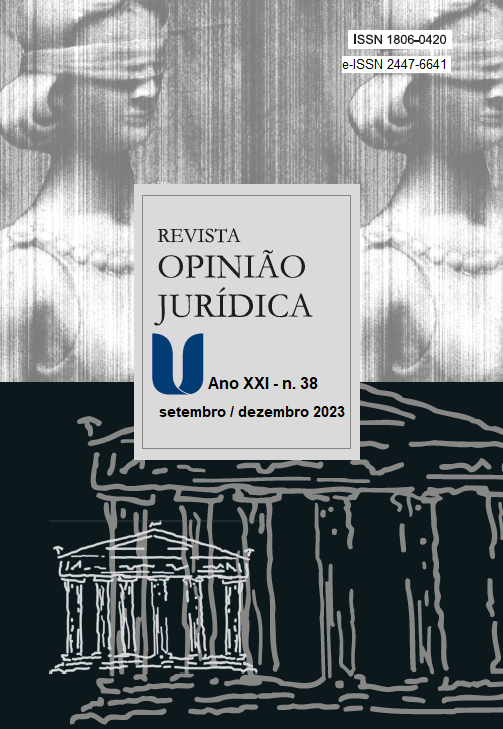STATE OWNED ENTERPRISES: 05 YEARS OF THE NEW CORPORATE GOVERNANCE RULES
DOI :
https://doi.org/10.12662/2447-6641oj.v21i38.p1-17.2023Mots-clés :
company, state-owned enterprises, corporate governance, directors and officers, legal requirements and impedimentsRésumé
ABSTRACT
Objective: This article intends to address the new Brazilian regulatory environment created by the SOEs Law (Law No. 13,303, of June 30, 2016) which created new corporate governance rules in state-owned enterprises for the election of directors, officers and fiscal council members, with the purpose of protecting the public companies, the mixed joint-stock corporation and its subsidiaries ("state-owned") against any possible (and unfortunately common) political-partisan interference in the appointment of the members of these top-level management positions in the SOEs. The article will also present cases of progress, setbacks, and the future of this new Brazilian legal norm.
Methodology: Review of the bibliography and analysis of judicial and administrative precedents involving the application of new corporate governance rules for state-owned enterprises.
Results: It is possible to conclude that the new corporate governance rules were created by Law No. 13,303, of June 30, 2016 with the purpose of protecting the state-owned enterprises (SOEs) against any possible (and unfortunately common) political-partisan interference in the appointment of the members of the top-level management positions in the SOEs.
Contributions: From the results found, it is possible to verify: (a) One of the most relevant aspects of the Law No. 13,303, of June 30, 2016 was the creation of academic background, professional experience and professionalization for the top-level management of state-owned enterprises, as usual in the private sector. (b) that the Brazilian Securities and Exchange Commission (CVM) determined the application of the new corporate governance rules for state-owned enterprises; (c) the Judiciary, especially the Federal Supreme Court (STF), can make a relevant contribution if it decides to apply these new rules of governance corporate in order to mitigate political-partisan interference in the appointment of the members of these top-level management positions in the state-owned enterprises (SOEs).
Téléchargements
Publiée
Comment citer
Numéro
Rubrique
Licence
(c) Tous droits réservés Revista Opinião Jurídica (Fortaleza) 2023

Ce travail est disponible sous licence Creative Commons Attribution - Pas d’Utilisation Commerciale - Partage dans les Mêmes Conditions 4.0 International.
La soumission d'articles à l'analyse de l'équipe éditoriale de Revista Opinião Jurídica implique, par cet acte même, la cession, de la part de(s) auteur(s), à Centro Universitário Christus - UNICHRISTUS, de l'oeuvre afin de reproduction, divulgation, distribution, impression, publication et de la rendre disponible, selon les normes de publication (Norma de Publicação 414 R. Opin. Jur., Fortaleza, ano 12, n. 16, p. 1 - 414, jan./dez. 2014) à la charge de UNICHRISTUS, sous toute forme ou moyen existant ou futur, selon l'article 49 et suivants de la Loi 9.610/98.
Paragraphe premier. La cession objet de ce terme est faite à titre non exclusif et gratuit, incluant la totalité de l'oeuvre.
Paragraphe 2: UNICHRISTUS peut rendre disponible, pour des finalité didactiques, l'oeuvre complet ou en parties, des changes à son contenu étant interdites, à l'exception de corrections ou formatages nécéssaires.
Paragraphe 3: La cession est valable dans tous les pays, en langue portugaise ou version traduite, selon l'intérêt de UNICHRISTUS.
LES RESPONSABILITÉS
Au moment au l'article est soumis à la revue, le(les) auteur(s) prend(prennent) la responsabilité exclusive concernant l'intégralité du contenu de l'oeuvre. Toute mesure judiciaire ou extra-judiciaire sera, donc, la responsabilité de l'auteur.
Paragraphe unique. Au cas où plusieurs personnes sont les auteurs de l'oeuvre, leur responsabilité sera solidaire, sauf preuve contraire.






























